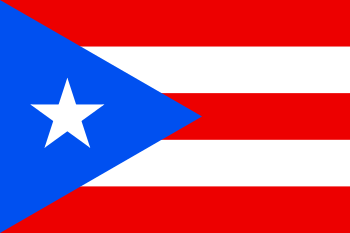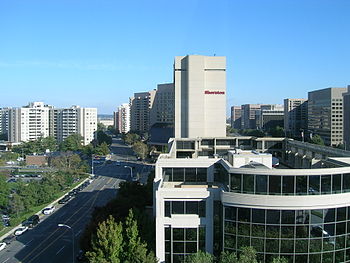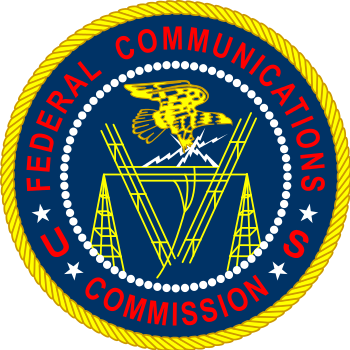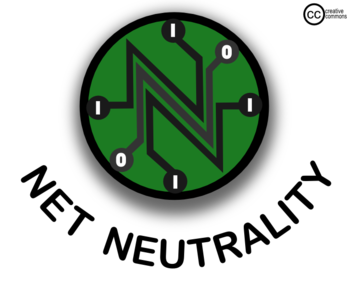The Governor of Puerto Rico, Alejandro Garcia Padilla, has announced the official launch of the ‘Gigabit Island’ plan, with the goal that in five years 99% of households will have access to download speeds of at least 10Mbps, while 1Gbps services should be accessible in 70% of homes within the same timeframe. As reported by Telesemana, the Gigabit programme is guided by the public-private Puerto Rico Broadband Taskforce (PRBT) under a remit to continue the work accomplished by Puerto Rico’s Strategic Plan for Broadband (2012), and the current strategy recommends a number of actions to promote the development of broadband, including: continuing geographical broadband expansion; beginning work on monitoring, measurement and evaluation of the impact of broadband on the economy; lowering costs of building broadband systems; ensuring access to poles, ducts and other public and private sites for the deployment of infrastructure; and promoting public-private partnerships to stimulate local demand. According to the executive summary of the Gigabit Island plan, by June 2014 around 77.8% of households were covered by broadband access networks with speeds of at least 10Mbps (download)/1.5Mbps (upstream), while an estimated 52.9% of households had the possibility of connecting at 100Mbps (download). Additionally, the report notes that 99.9% of households in the country had mobile broadband coverage with speeds of ‘up to 3Mbps downstream and 768kbps upload’. Continue reading
Author: Mark Milliman
Arlington to make its high-speed fiber network available to businesses, federal agencies
Drew Hansen
Arlington will make its high-speed fiber network accessible to businesses, federal agencies and other organizations later this year as part of an economic development initiative unanimously approved by the Arlington County Board on Saturday.
Arlington will license access to a 10-mile dark fiber line traversing economic centers — including the Rosslyn-Ballston corridor, Glebe Road, Columbia Pike and Crystal City — that it will own and maintain. It will be an extension of an existing fiber network the county uses to connect municipal buildings and operate things like traffic signals. Continue reading
Muni Nets Pan Title II
By: John Eggerton
Some of the municipal broadband nets the Obama administration is keen on giving a boost have asked the Federal Communications Commission not to apply Title II regulations for a start.
In a Feb. 10 letter to FCC chairman Tom Wheeler, more than three dozen of those said the balance of power is in favor of the edge providers, like Netflix, Amazon or Hulu, which are not subject to the new rules beyond being able to complain about the conduct of Internet service providers, not smaller operators. Continue reading
Republican bill: Net neutrality protections without reclassifying broadband
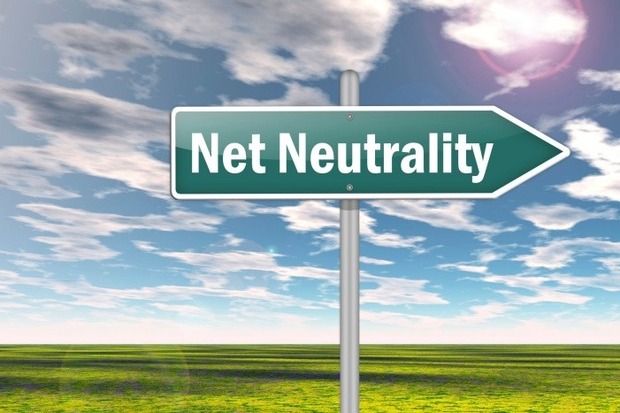 By Grant Gross
By Grant Gross
Top Republicans in Congress plan to introduce legislation that they say will ensure net neutrality protections for Internet users and will spur U.S. economic growth.
The proposal would create “unambiguous” rules prohibiting broadband providers from selectively blocking or throttling Web traffic, while avoiding a reclassification of broadband as a regulated public utility, said a Wednesday blog post at Reuters.com by Sen. John Thune, a South Dakota Republican, and U.S. Rep Fred Upton, a Michigan Republican. Continue reading
After Wheeler unveils proposal, what’s next for net neutrality?
By Grant Gross
A flurry of activity will follow the plan from U.S. Federal Communications Commission Chairman Tom Wheeler to reclassify broadband as a regulated public utility as the foundation for new net neutrality rules.
Wheeler’s plan would reclassify broadband from a lightly regulated information service to a more regulated telecommunications service under Title II of the Telecommunications Act, reversing the FCC’s broadband policy for the past decade. Still, Wheeler’s plan has the agency forbearing from most traditional telecom regulations under Title II, including rate regulations, contributions to the FCC’s Universal Service Fund, and requirements to share their networks with competitors. Continue reading
Republican FCC commissioners: Net neutrality plan misleads the American people
by Marguerite Reardon
Republicans aren’t happy with the Federal Communications Commission’s plan to regulate the Internet like telephone service, and they’re going out of their way to make sure people know it.
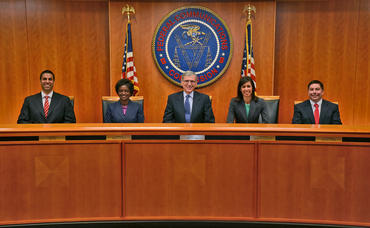
The FCC commissioners (left to right): Ajit Pai, Mignon Clyburn, Tom Wheeler (chairman), Jessica Rosenworcel, and Michael O’Rielly.
The latest broadside comes from within the FCC itself, with Republican commissioner Ajit Pai using a press conference Tuesday to lay into Chairman Tom Wheeler’s proposal onNet neutrality, or the idea that all Internet traffic should be treated equally. Pai argues that the proposed new regulations would give the government too much power over the Internet.
Continue reading
FCC Commissioner EXPOSES Obama Net Neutrality plan, BLASTING him for hiding it from American people
This is something that needs to go viral.
Today, FCC Commissioner Ajit Pai released a statement on Obama’s Net Neutrality plan to regulate the internet and blasted Obama for not releasing the plan publicly.
Last night, Chairman Wheeler provided his fellow Commissioners with President Obama’s 332-page plan to regulate the Internet. I am disappointed that the plan will not be released publicly. The FCC should be as open and transparent as the Internet itself and post the entire document on its website. Instead, it looks like the FCC will have to pass the President’s plan before the American people will be able to find out what’s really in it.





